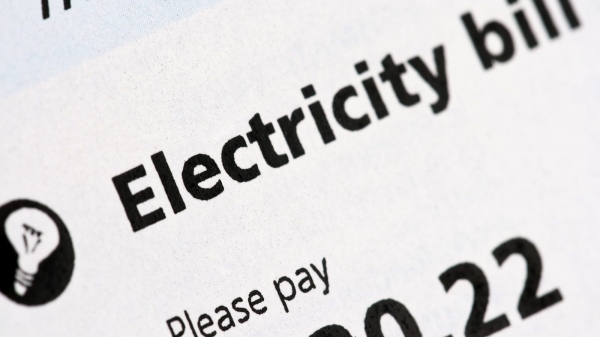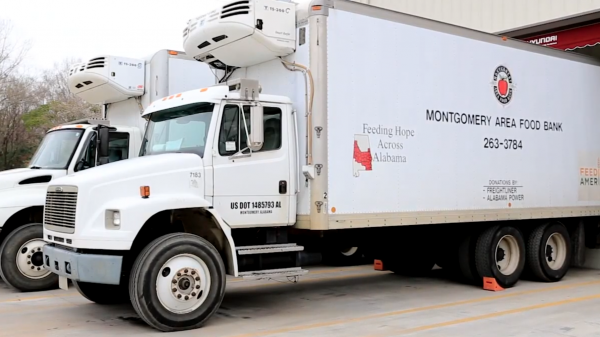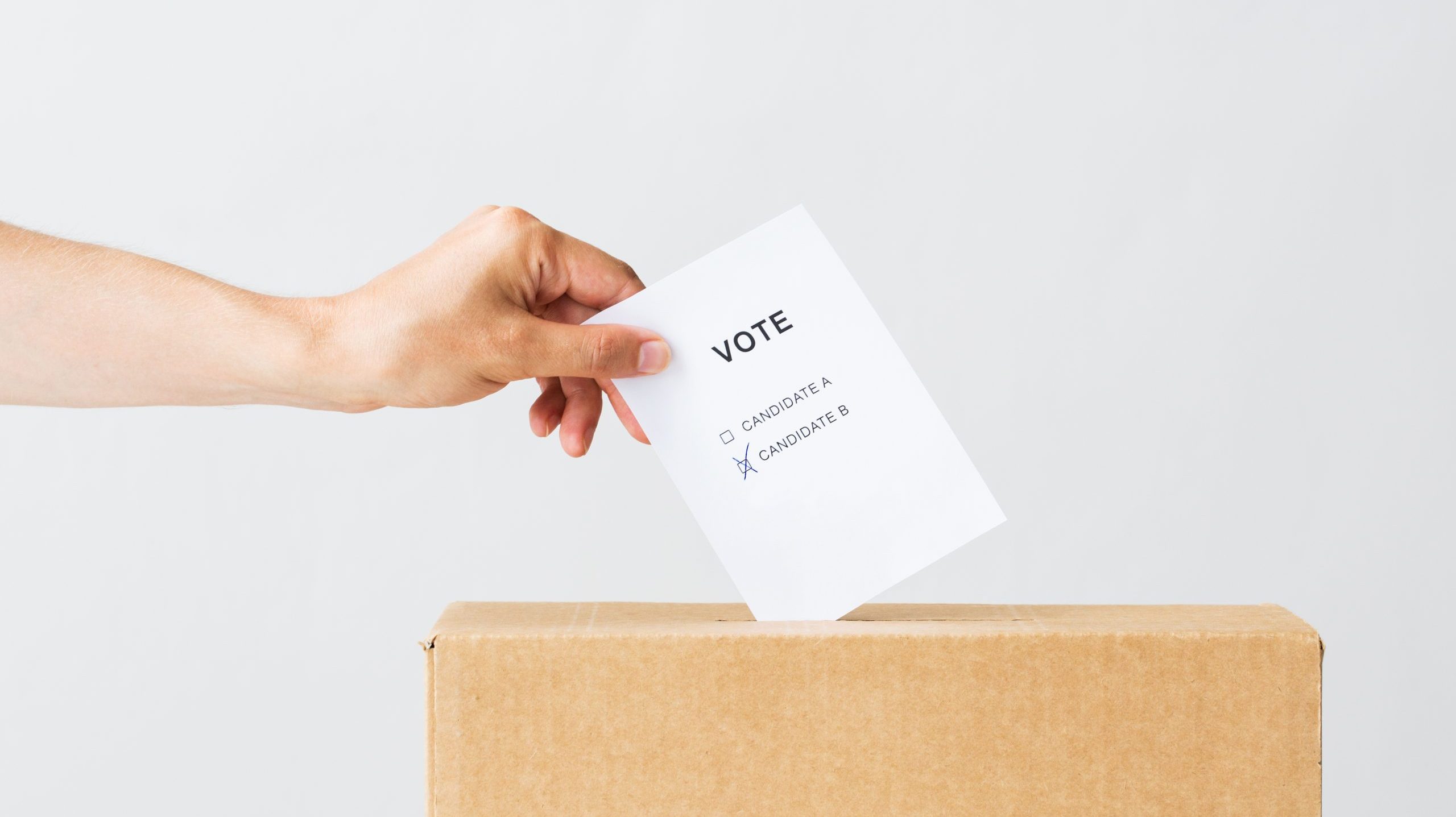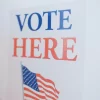State Senator Linda Coleman-Madison, D-Birmingham, has reintroduced a bill to streamline the process for restoring an individual’s voting rights following a felony conviction.
Current Alabama law holds that individuals may lose their right to vote for certain felony convictions in state or federal courts. They may have their voting rights restored by the Board of Pardons and Paroles if they have completed their sentence, including probation or parole, paid their court fines in full and do not have any additional pending felony charges.
Certain felony convictions bar an individual from voting rights restoration.
Senate Bill 24, filed last week, would require the Alabama Board of Pardons and Paroles and secretary of state to post “easily accessible” instructions on their websites detailing the process for certain individuals who have lost their right to vote due to a conviction to restore their voting rights.
The bill would also require that the websites include a form for individuals to request a certificate of their eligibility to register to vote, which can be submitted electronically to the Board of Pardons and Paroles.
SB24 would mandate that the Board of Pardons and Paroles publicly posts the names of individuals who have had their voting rights restored on its website, alongside information on where they were last registered or their last known residence. The board must also notify the secretary of state of the individuals’ names, addresses and when their right to vote was restored.
After the secretary of state’s office is notified of an individual who has had their voting rights restored, they must notify the individual and local boards of registrars. Local registrars must then add the individual’s name to their poll list and notify the individual of the date they will be made eligible to vote.
Coleman-Madison has carried legislation aimed at improving making information surrounding the voting rights restoration process more available since the 2020 legislative session.
During the 2025 session, similar legislation passed the Senate but failed to see a vote in the House.
Coleman-Madison told APR in a written statement that SB24 is intended to keep formerly incarcerated individuals “knowledgeable about the process to have their voting rights restored once released.”
“SB 24 is legislation I’ve offered for several years working in collaboration with Pardons and Parole to ensure the policy changes in the legislation, if adopted, could be enacted without additional, and undue cost to departments involved,” Coleman-Madison said.
She explained that the Pardons and Parole Board currently keeps records on parolees’ voting rights restoration status. However, many individuals who’ve had their voting rights revoked face confusion regarding the process’s requirements and the status of their application once they’ve applied to have their right to vote restored.
“Currently a person having served their time and released has to make petition to the parole board for a ‘Certificate of Eligibility’ to begin the process to have voting rights restored. One issue with this is those who apply don’t know all of the requirements they need to meet,” the senator explained. “Those who have started this process don’t know when they have met the criteria, as established by the parole board.”
Coleman-Madison described the bill as a chance for formerly incarcerated individuals to “come out and try to get their lives back together.”
“These are family people who want to be role models for their children and their spouses,” the senator said.
Coleman-Madison’s efforts to streamline voting rights restoration during previous sessions have received endorsements from Alabama Arise and the Alabama chapter of the American Civil Liberties Union.
“Voter disenfranchisement of people convicted of felony offenses prevents a true restoration of rights after reentry into society,” ACLU Alabama wrote. “An individual that serves time shouldn’t be subjected to the perpetual punishment of losing such a fundamental right of being a citizen.”
“Many people that have this right restored may not know that it was restored. This prevents people convicted of felonies from going to the polls, regardless of the desire to do so. This existing process continues a cycle of voter exclusion even when a person meets the legal requirements to vote,” the organization continued.
The Alabama ACLU wrote that Alabama’s felony disenfranchisement law prevents approximately 250,000 Alabamians with felony convictions from voting.
“Confusion about and misapplication of these laws also de facto disenfranchise countless other Alabamians,” the organization added.
If passed, SB24 will go into effect on October 1, 2026.














































